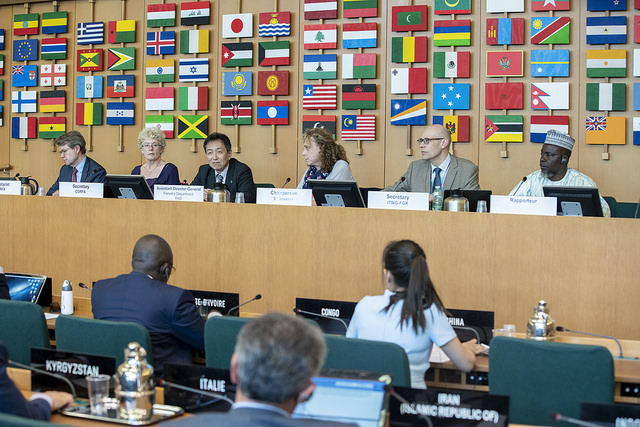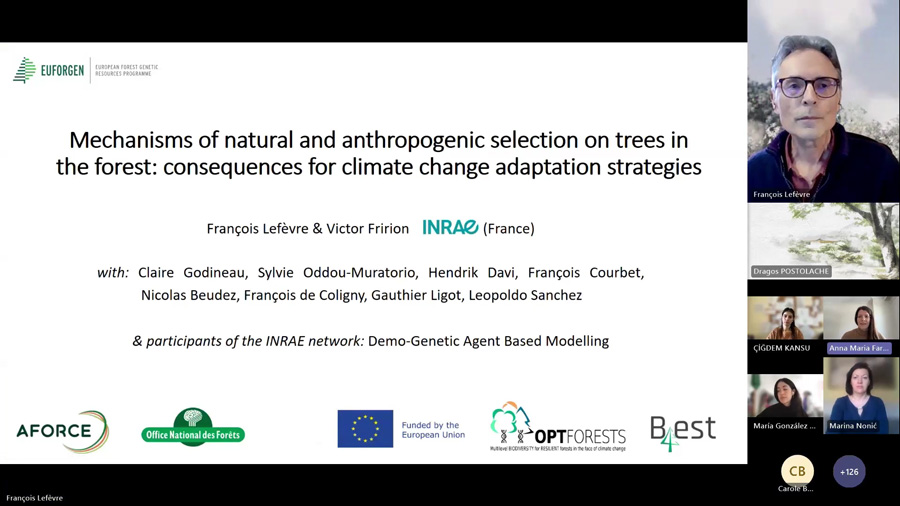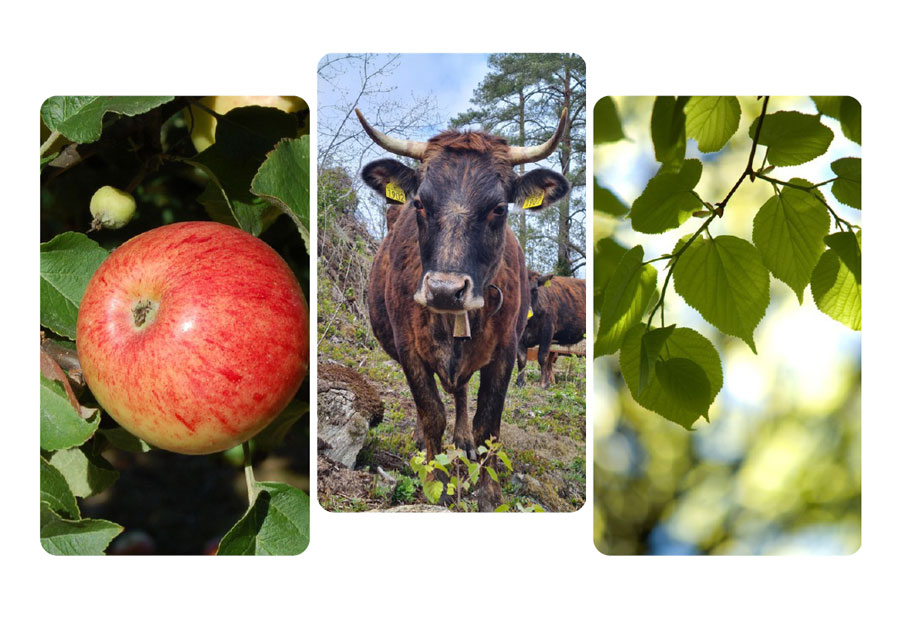Global efforts on forest genetic resources make progress
Genetic diversity is crucial for maintaining healthy and resilient forests, as well as for ensuring continued evolution of tree populations under climate change. We thus need to conserve and wisely use forest genetic resources to make forest management truly sustainable.
This year marked the fifth anniversary of the Global Plan of Action on forest genetic resources and countries in different parts of the world, including in Europe, reported on their progress in implementing the action plan to the Food and Agriculture Organization of the United Nations (FAO).
“It is encouraging to learn that several countries have taken action since 2013 by establishing a national inventory of forest genetic resources or a coordination mechanism for their work on these resources, for example”, said Jarkko Koskela, Forestry Officer at FAO.
However, many challenges remain. Before a country can properly manage its forest genetic resources, it must gather some basic information on the number and distribution of tree species within its territory, the state of their genetic resources, and tree germplasm that is needed for forestry or agroforestry. In many countries, this kind of species-specific information is only available for main tree species. Many other valuable tree species have not been investigated and documented adequately.
Another problem is that policy-makers are often unaware of the importance of forest genetic resources. An example of this awareness problem is the huge areas of land policy-makers pledged for forest restoration or climate mitigation without prior plans for sourcing and handling the needed amounts of seeds.
“In Europe, the situation is fairly good as compared to other regions. Although only 23 European countries submitted their progress reports to FAO, the work done by EUFORGEN shows that there are more countries which have made great progress in managing their forest genetic resources”, noted Jarkko Koskela. He also stressed that it is important for “countries to report their efforts in managing forest genetic resources to FAO, not because of the reporting obligations, but to raise awareness on the importance of these resources globally”.
Lack of awareness is not only a problem at a national level. Recently, forest genetic resources have also been neglected in many international processes. The contributions of forests to sustainable development have been firmly recognized by the global community, but more work is needed to extend this recognition to their genetic resources, and to manage these resources accordingly.
“I believe that harnessing the full potential of forest genetic resources, including the less documented species, can increase significantly the contributions of forests to sustainable development”, he concluded.
The FAO Commission on Genetic Resources for Food and Agriculture will gather at its 17th meeting in Rome on 18-22 February 2019 to discuss, among other topics, the implementation of the Global Plan of Action and the preparatory process of The Second Report on the State of the World’s Forest Genetic Resources (to be launched in 2023).
This article is based on interview with Jarkko Koskela, Forestry Officer at FAO. The views expressed here are those of the author(s) and do not necessarily reflect the views of the Food and Agriculture Organization of the United Nations (FAO).










